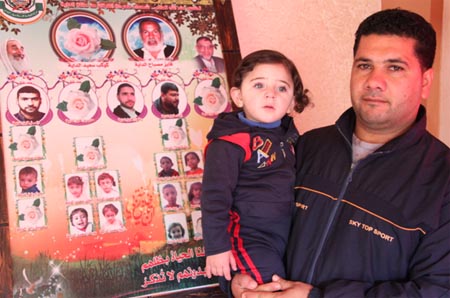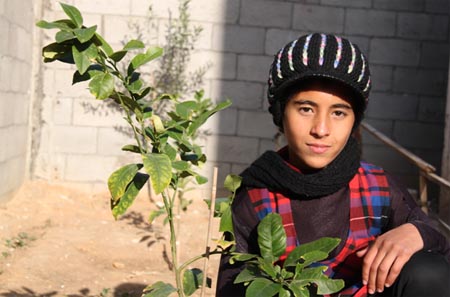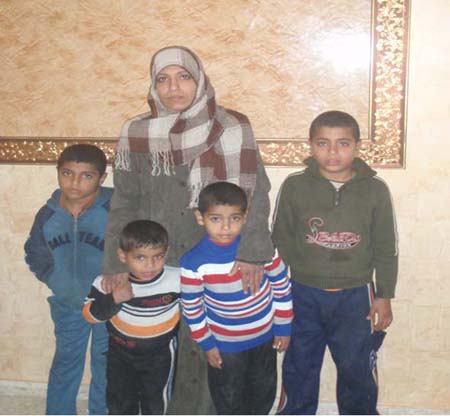Tag: Palestinian Centre for Human Rights
-
6 January 2009: Al-Dayah family
6 January 2012 | Palestinian Centre for Human Rights “The bodies of nine of those killed were not found, including the bodies of my wife and my children. I tried my best with the civil defense personnel to find their bodies. All we found were pieces of flesh that were unidentifiable.” On 6 January 2009,…
-
5 January 2009: Amal al-Samouni
5 January 2012 | Palestinian Center for Human Rights “I have constant pain in my head, eyes and ears. I have been having nose bleeds for the past three years. I can still feel the shrapnel move inside my brain” On 4 January 2009 at around 6:00 Israeli forces surrounded the house where Amal al-Samouni (11)…
-
4 January 2009: The Abdel Dayem family
4 January 2012 | Palestinian Center for Human Rights “I was told initially that Arafa had been injured in an Israeli strike. Of course I was concerned, but many people get injured in his line of work and what was important is that he was still alive. I learnt only fifteen minutes before Arafa’s body arrived…



